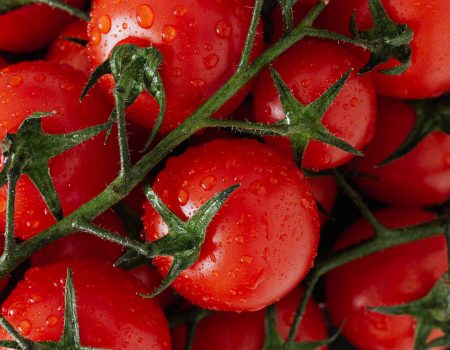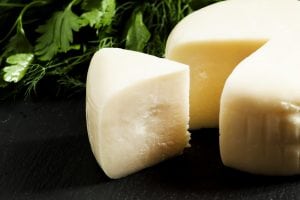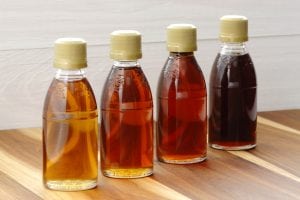Natural farm products are to be favoured

So you want to sell your own farm products? Good idea, small farms that produce and sell a number of products has become one of the rising trends as of late. Some of these farms sell their goods on their own websites, on sites like Etsy, and even set up booths at farmer’s markets. With the move towards farm to table, as far as food and other items are concerned, the emphasis is taken off of large commercial farms.
Starting a small farm-based business may seem like a daunting task, but once your branding materials and main business plan are in place, a lot of the planning work is done.
Farm Products
The first thing that you need to do in order to start your business is determine what types of products you want to make. Obviously, the types of animals that you have play a large part in this. For example, if you have goats, you can make soap and cheese from their milk, as well as sell the milk outright. There’s actually a fairly large demand for goat cheese and similar products. Your farm might also sell non-animal products. If you have maple trees, you can harvest their sap and turn it into maple syrup and candy.
Another non-animal product might be candles made from organic wax and some essential oils. These can be sold next to your goat’s milk soap, just to give you an example. There really are a lot of options, so stick with what you think you can handle. You can always start out with just a few products, then add more to your line when you’re ready. You need a signature product (or two) before you move on to the next step.

Naming Your Natural Farm Products
Without a name, you can’t market your farm. The name can come from a local landmark either on your land or near it. For example, if you a lot of pine trees, then something that plays off of the word “pine” might be catchy enough to work. You can also use your last name or some conglomeration of your family names, such as your great-grandmother’s maiden name. This latter option works well if you’re using one of her recipes to make your soap or cheese.
Once you have the name in place, you need to create both a logo and a slogan or tagline. These can play off of the name of your farm, but they should also have something to do with the items that you’re going to make. With that said, you don’t want the slogan to be too narrow. If it has something to do with goat cheese, and you decide to stop making it at some point, then you’ll have to rebrand completely.
To avoid this, stick with a simpler slogan that involves the words natural or organic. Since you don’t want to steal another farm’s name or branding ideas, make sure to Google your final results to ensure that you’re the only one using your chosen words.
Marketing Your Natural Farm Products
A marketing plan is the next step. You need a web presence, which includes a website with a blog. This should ideally be under its own domain name. Choosing a domain name that’s easy to repeat is important, as it can get tiring if the title is too long. A long title that includes plenty of dashes and slashes is also hard to remember, and won’t fit on business cards well.
Once you’ve established your web presence with your domain name, it’s time to focus on your web design. A good website has three crucial things – a digitized version of your logo and slogan, an “about us” page that describes some important facts about farm and business, and some space for a blog.
You might also consider selling your handmade goods on your website, in which case you’ll need a link to your online store somewhere on your site. However, one of the most important parts of your website is the aforementioned blog. A blog can bring in viewers, who will then become customers.
A blog is where you can write updates about life on your farm, spotlight some of your favorite goats, let your readers and customers know about new products, and even inform them about sales. It can really help your marketing efforts.

Selling Your Farm’s Goods
Finally, once everything has been set up, it’s time to start selling the items that you produce on your farm. This can be done in several different ways, including at farmer’s markets and online. Farmer’s markets tend to be held during the warmer months of the year. Many charge a small table fee to anyone who wants to set up and sell their goods. You’ll also need a business license since these markets are sticklers for following all of the laws in your area.
You can find lists of farmer’s markets in your local newspaper, although there may be some Facebook groups for them as well. This shouldn’t be your only method of selling your products, as you’ll need to make some profit year-round. If you sell items on your website or through a special web store portal, this opens you up to new customers who may not be local, or who might not make it to farmer’s markets. Lastly, you might want to try to sell your products in local stores. Independent boutiques usually welcome things like locally made soaps and body lotions.
Conclusion
Starting up a small farm business requires several important things. You need to have a proper business name and logo for all of your branded items. Your business cards should have the logo and slogan on them, as well as information about your farm’s website. All of these things set the tone for your entire business structure. Once you have the cards, a proper web presence, and, of course, have some products to sell, you’re officially in business. Hopefully, your customers find you at farmer’s markets, and of course, online, thanks to your marketing efforts.
